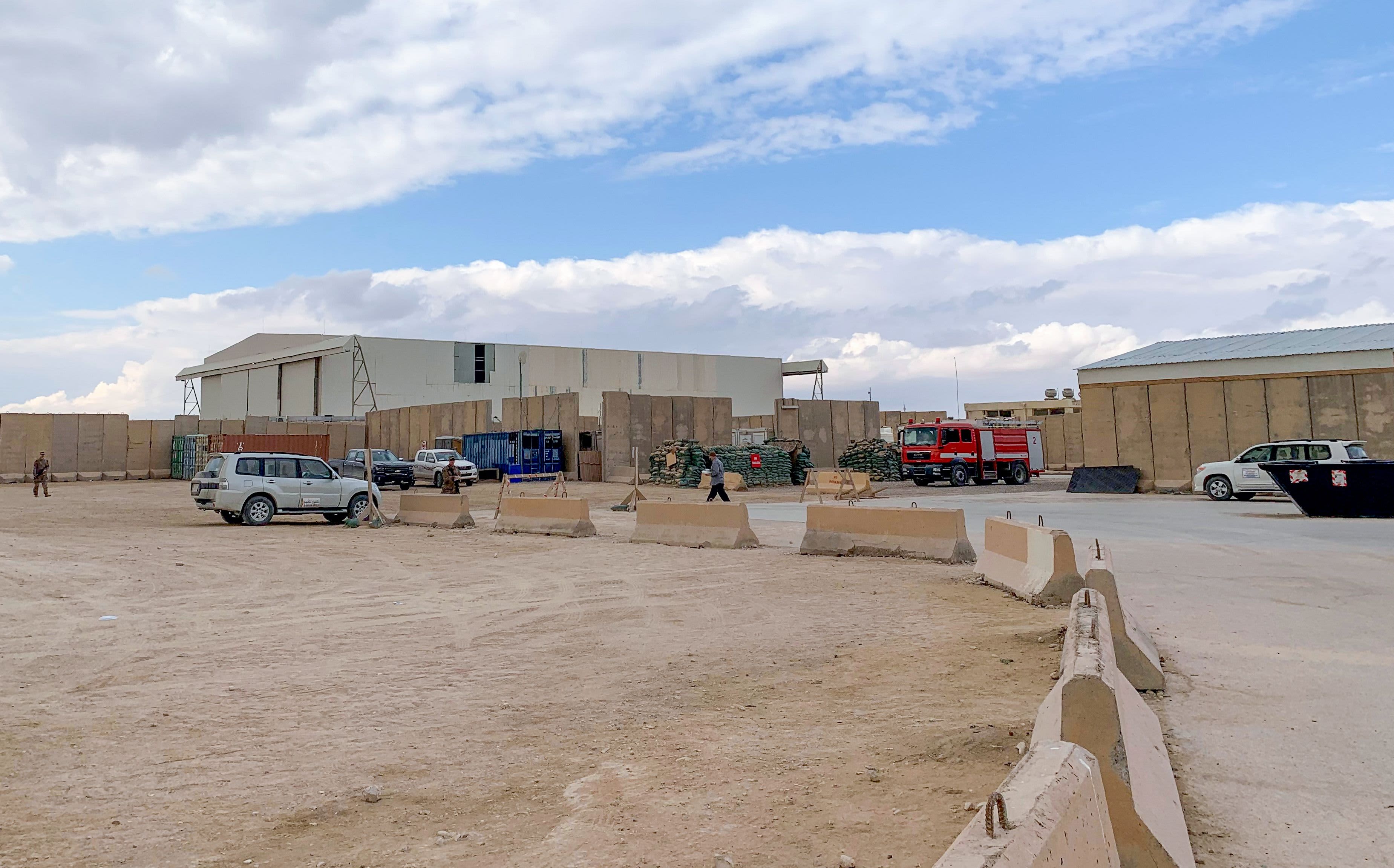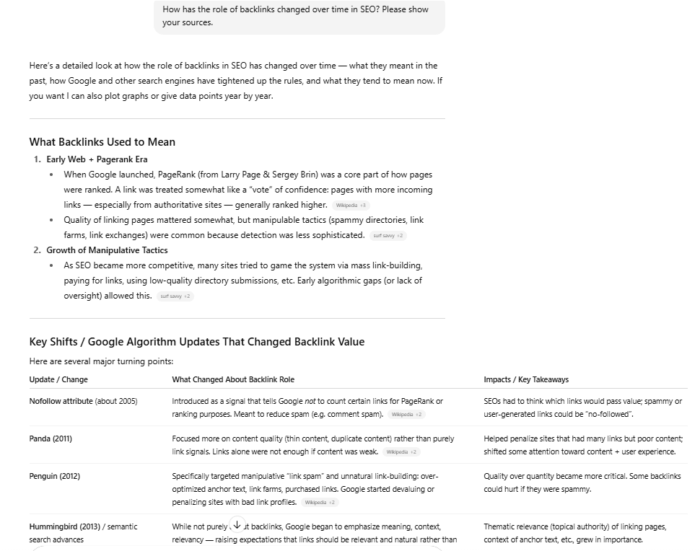Rockets hit Iraq base housing U.S. forces, two people sustain minor injuries
All U.S. forces were accounted for and damage is still being assessed on the Iraqi base.

A picture taken on January 13, 2020, during a press tour organised by the US-led coalition fighting the remnants of the Islamic State group, shows a view inside Ain al-Asad military airbase housing US and other foreign troops in the western Iraqi province of Anbar.
Ayman Henna | AFP | Getty Images
WASHINGTON – The U.S. military said on Wednesday that two people sustained minor injuries after at least 14 rockets pummeled an Iraqi base that houses U.S. troops and other international forces.
"At approx. 12:30 PM local time, Ain Al-Assad Air Base was attacked by 14 rockets. The rockets landed on the base & perimeter. Force protection defensive measures were activated," wrote U.S. Army Col. Wayne Marotto, spokesman for Operation Inherent Resolve, in a statement Wednesday.
Marotto added that all U.S. forces were accounted for and that damage was still being assessed on the base.
It was not immediately clear if those injured were U.S. troops, civilians or coalition forces. There were no immediate claims of responsibility for Wednesday's rocket attack, though the assault is part of a recent wave aimed at U.S. troops in Iraq and Syria.
A day prior, a drone attacked Erbil airport in northern Iraq with explosives. U.S. troops occupy a military air base adjacent to the civilian airport. Earlier in the week, multiple rockets and a drone targeted Ain al-Asad air base and the U.S. embassy in Baghdad, Iraq.
The U.S. has previously blamed Iran-backed militias operating in Iraq and Syria for carrying out such attacks.
Last week, President Joe Biden ordered U.S. airstrikes in Iraq and Syria against facilities used by Iran-backed militia groups. It was the second time Biden ordered a military response in the region, amid fragile diplomatic overtures surrounding the revival of the 2015 Iranian nuclear deal.
In February, the U.S. launched airstrikes against multiple facilities in Syria used by a number of Iranian-backed proxies, including Kata'ib Hezbollah and Kata'ib Sayyid al-Shuhada. The U.S. airstrikes came a week after a rocket attack in northern Iraq killed one civilian contractor and injured nine others, including a U.S. service member.
Unlike the February strike, though, the June 27 action targeted infrastructure in both Iraq and in Syria. Iraq's military issued a rare condemnation, calling the U.S. strikes a "blatant and unacceptable violation of Iraqi sovereignty and national security."
Iran has denied U.S. accusations that it supports attacks on U.S. forces in Iraq and Syria.
The rocket attacks come amid the Biden administration's broader revaluation of U.S. foreign policy interests in the Middle East and Central Asia, as it withdraws U.S. troops from Afghanistan and seeks to engage diplomatically with Iran.

 Aliver
Aliver 


























.jpg&h=630&w=1200&q=100&v=6e07dc5773&c=1)




